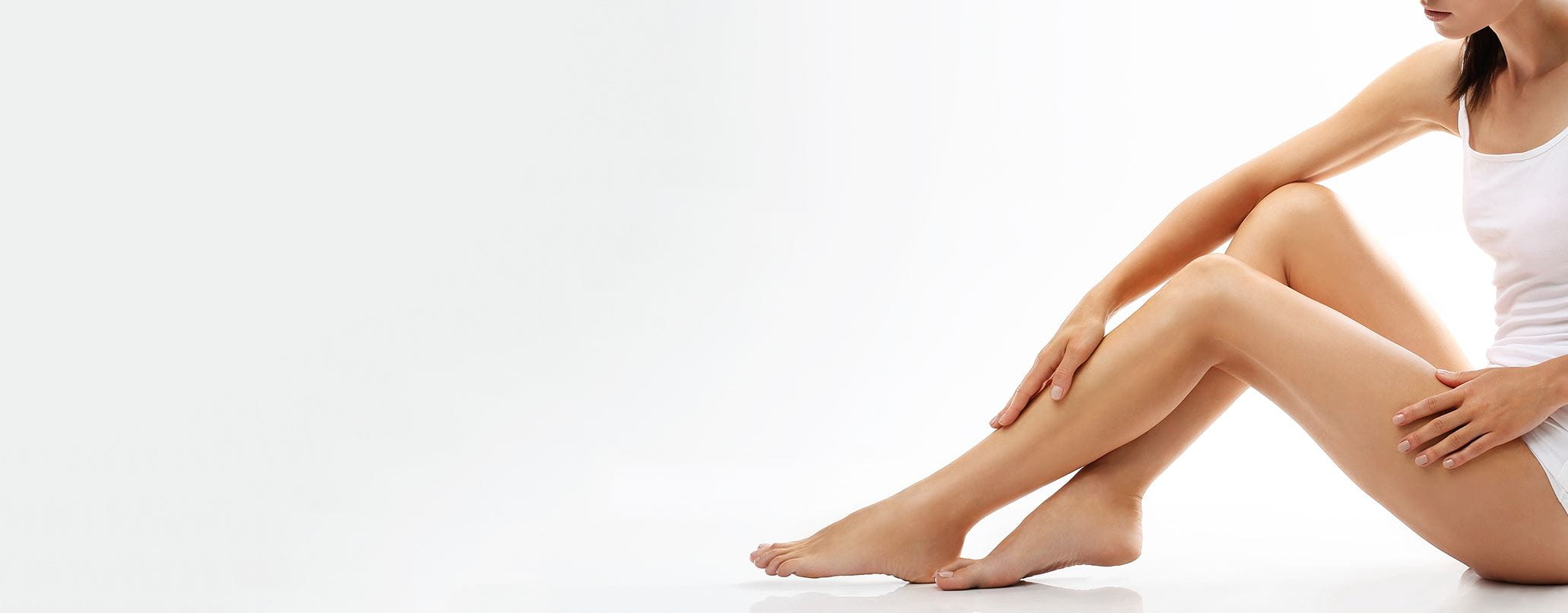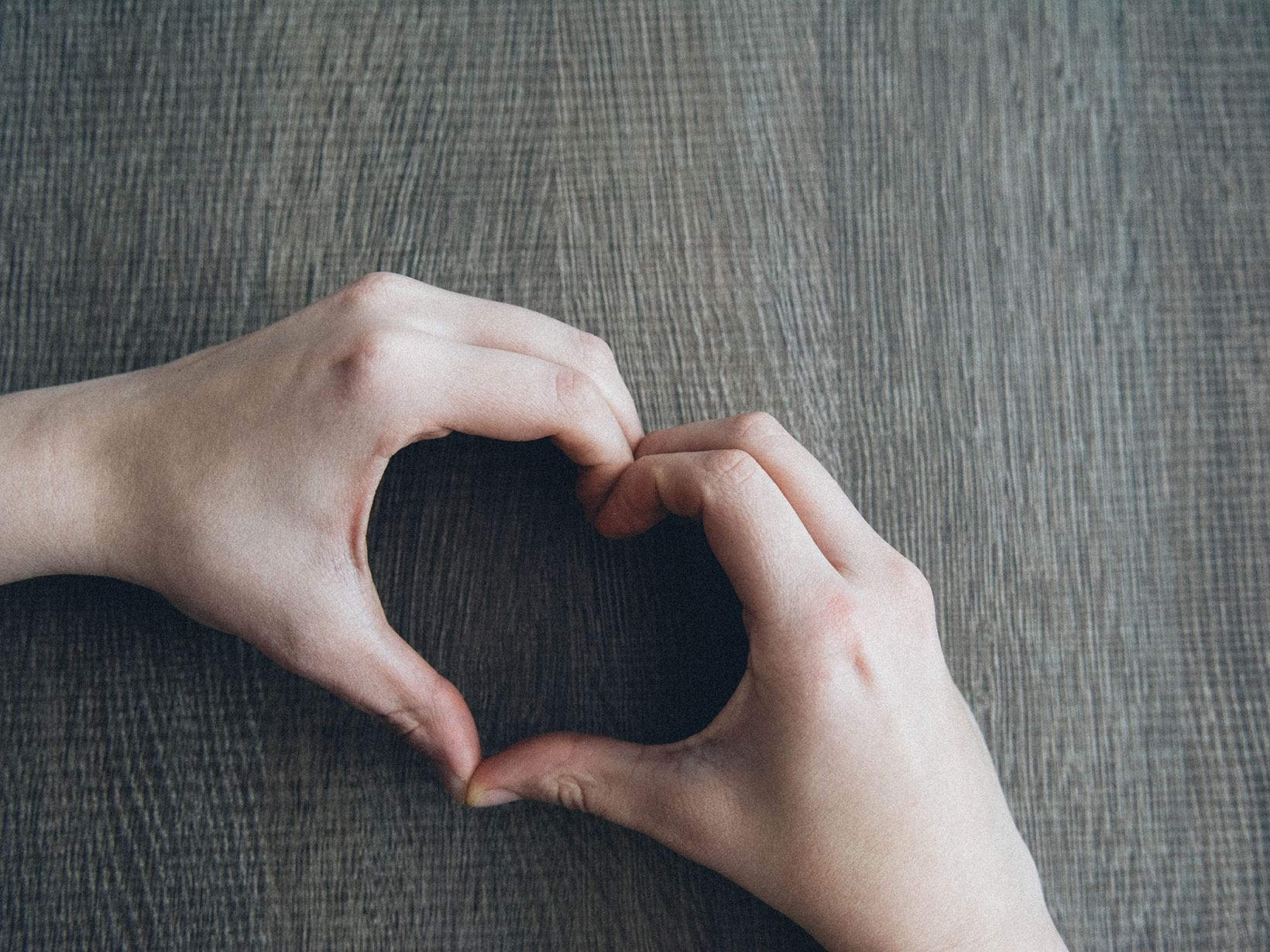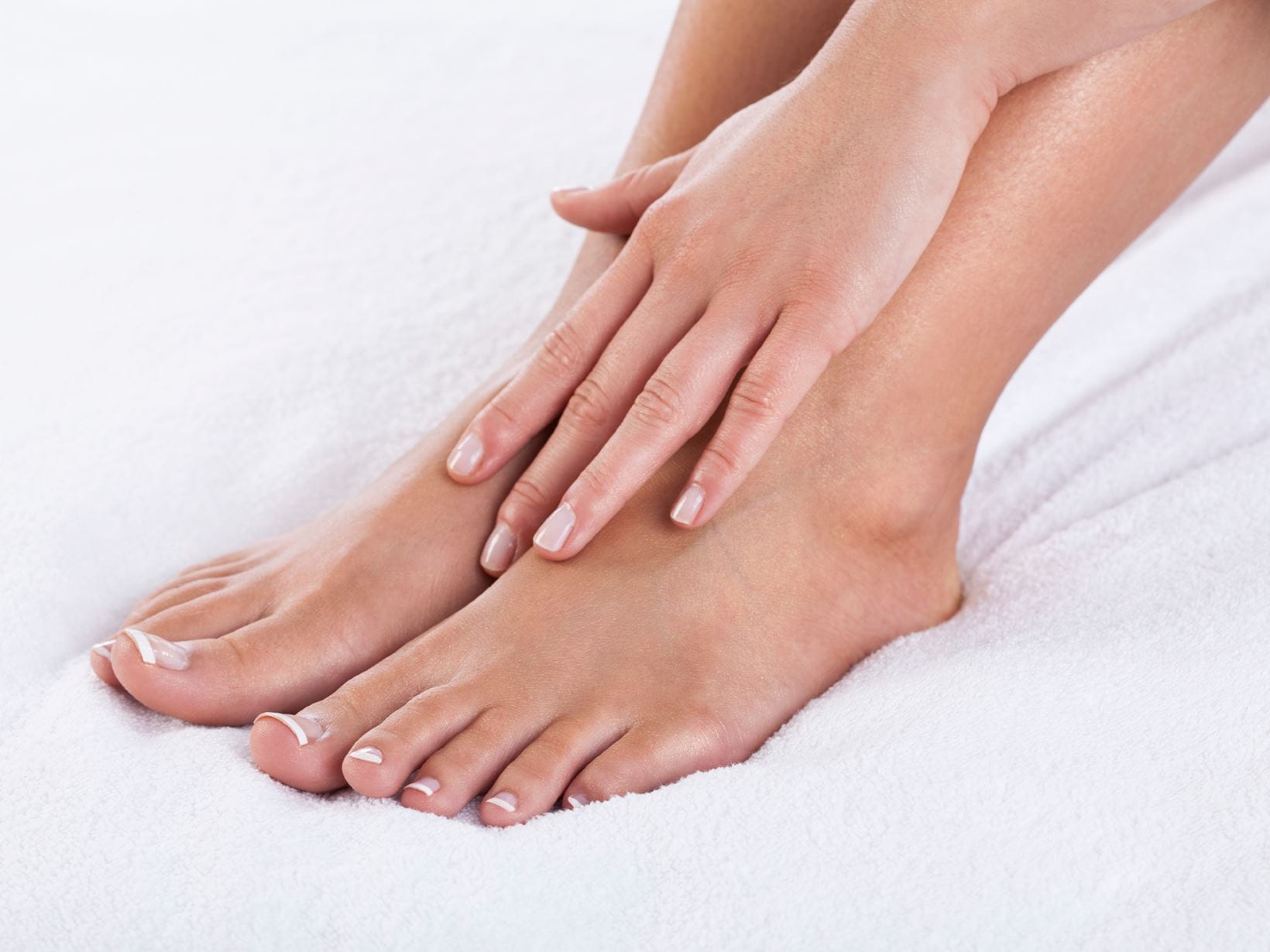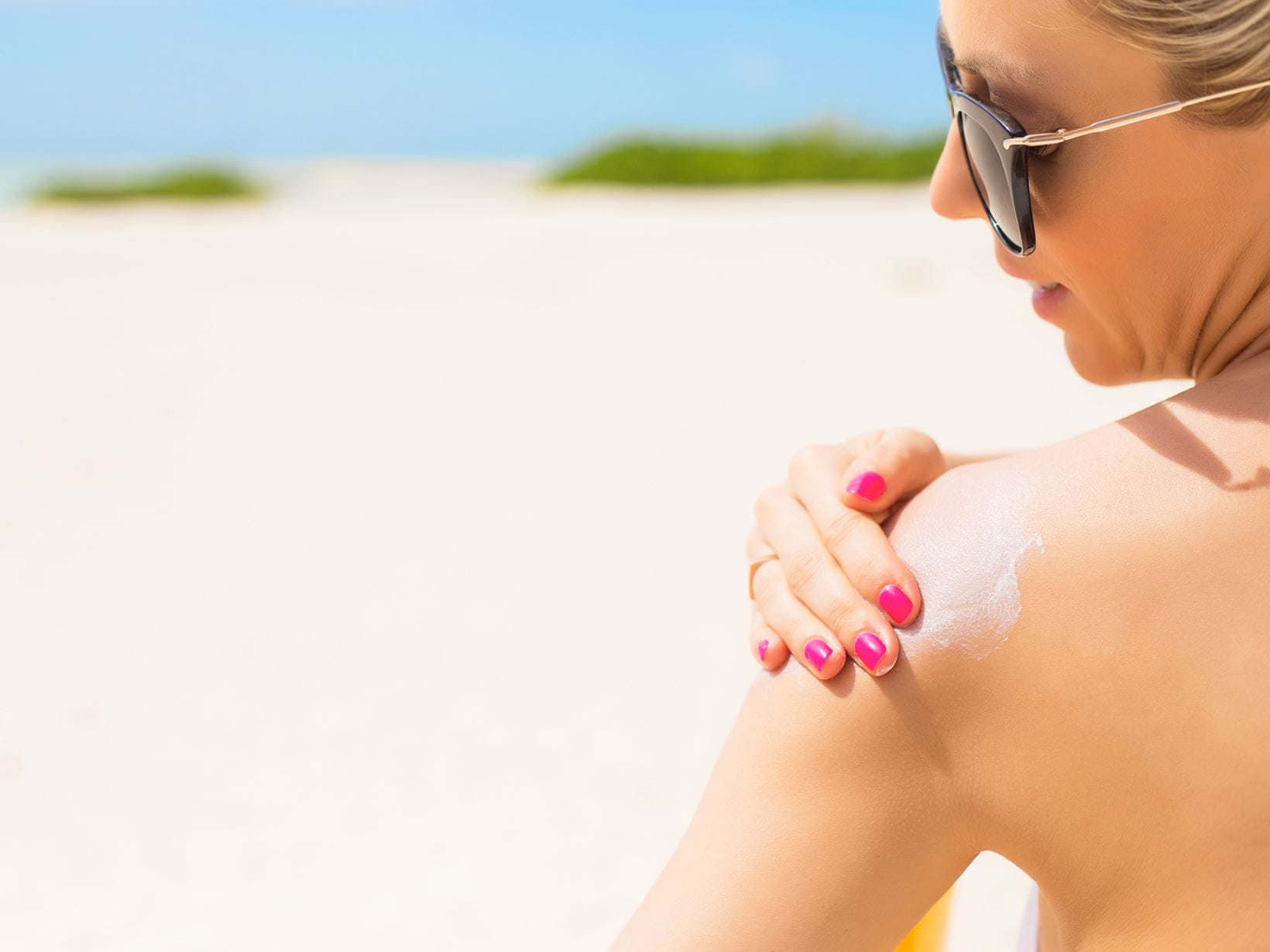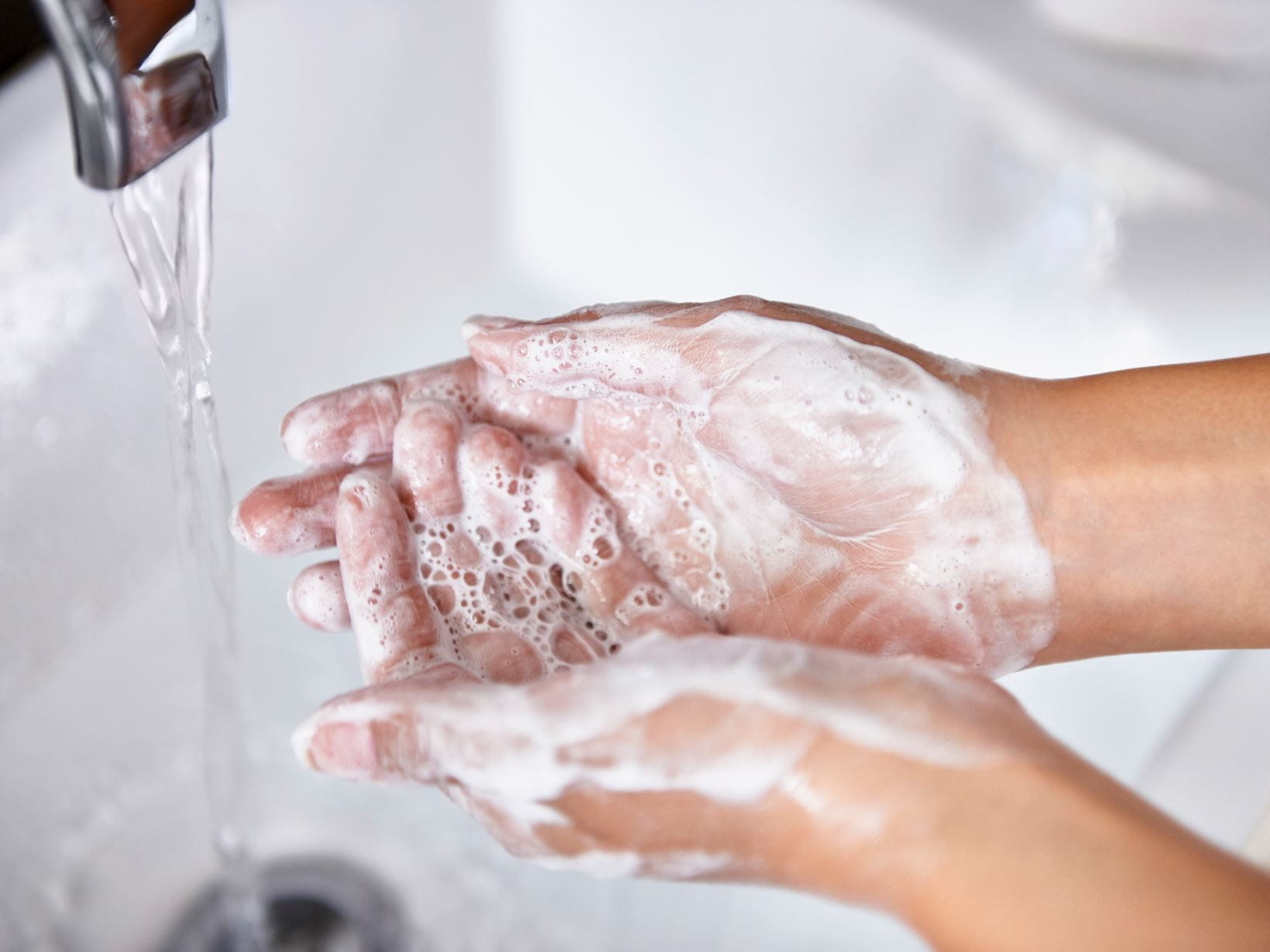Sun Exposure – You can get peeling skin anywhere on the body if you have been exposed to UV light for a prolonged period of time, often causing soreness and redness if you are overexposed to the sun. The top layer of skin becomes damaged causing dead skin cells to start flaking off to make way for new skin but this also leaves your skin exposed and vulnerable to more damage.
Skin Reactions – Peeling skin can be due to a reaction to a chemical present in the soap, detergent, or shampoo that you use. The irritation of your skin due to this can also cause it to become red or itchy.
Skin conditions - Psoriasis is a condition where your skin cells try to rapidly replace themselves but in an extremely short amount of time, usually 3 – 7 days rather than 3 – 4 weeks. Thus, the skin constantly sheds, leaving it sensitive and sore.
Sometimes peeling skin is specific to your feet or hands.
